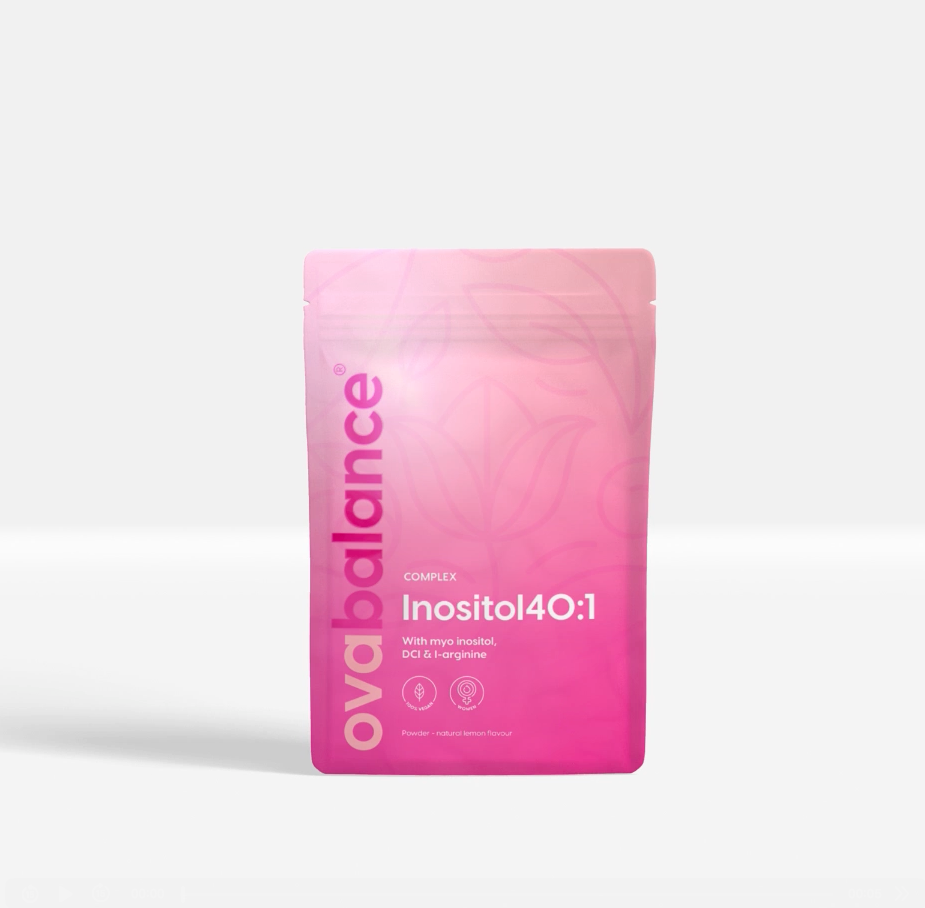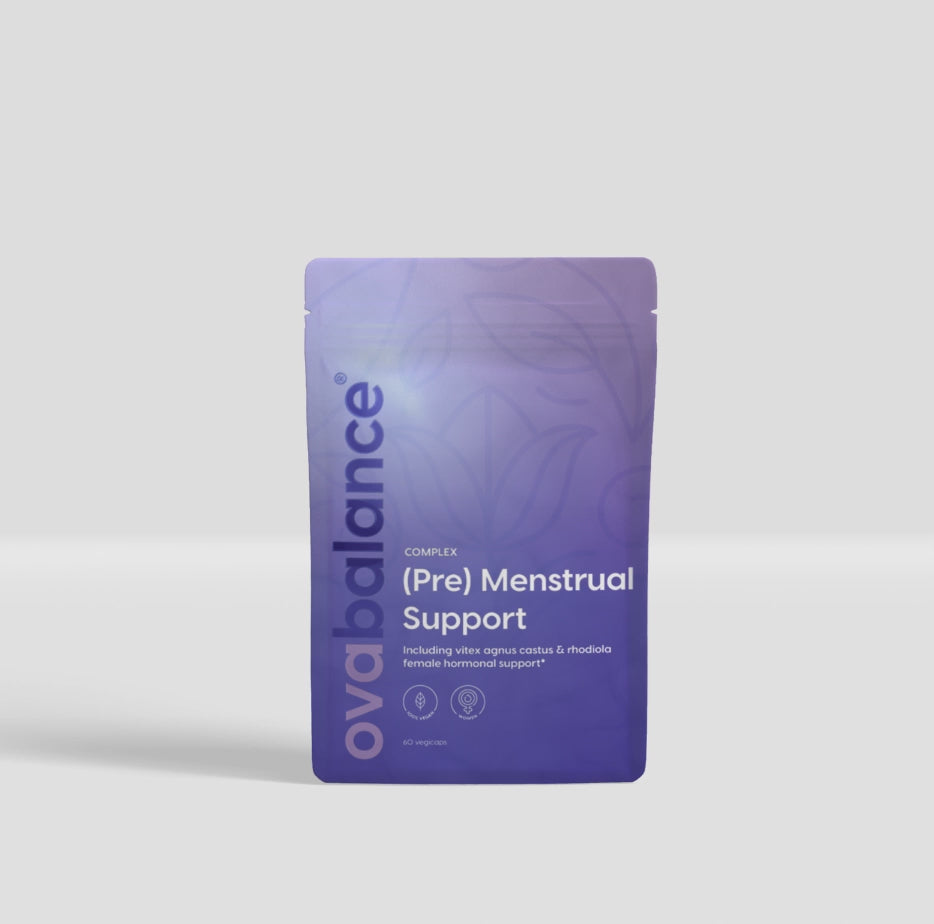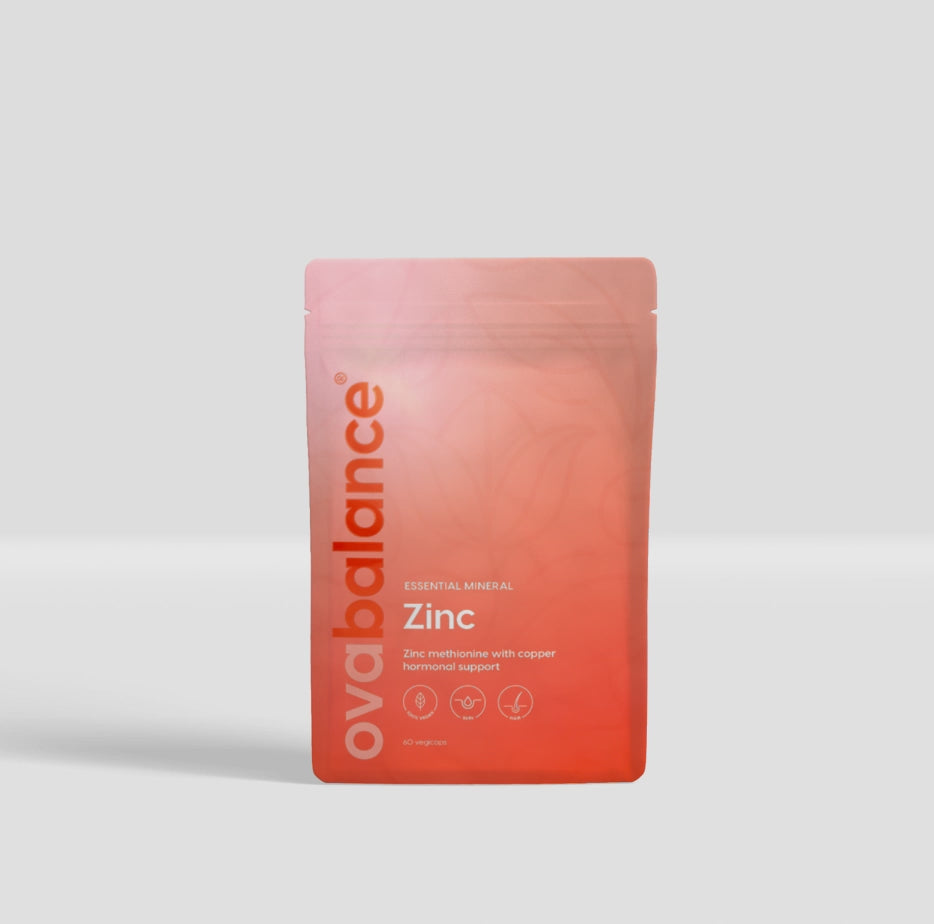

Getting enough nutrients is important during your pregnancy, and so is magnesium. This mineral is important for many functions of your body. Both in yours and in the baby's body. In this blog we will delve deeper into the function of magnesium during pregnancy. We will explain what magnesium is exactly; how much magnesium you need when you are pregnant; and which form of magnesium is most suitable for you as a pregnant woman.
Contents
What is the function of magnesium during pregnancy?
Magnesium has multiple functions for your body. This applies to everyone: for you as a pregnant woman and for other people. When you are pregnant, you can use magnesium for the beneficial effect it has on keeping your muscles supple. Or for the contribution that magnesium makes to your state of mind, your memory and mental resilience. Because believe us, you can use a healthy mind in such a tough and exciting time as your pregnancy.
Not only in your body, but also in the body of your baby the mineral magnesium has a function. The baby absorbs its required nutrients, including magnesium, via the placenta.
What is magnesium?
Magnesium is a mineral that is mainly found in nuts, vegetables and whole grain products. But also in milk and meat. To supplement your healthy diet, you can also take it as a supplement.
It is essential for the functioning of your body that you get enough magnesium. Magnesium is, along with calcium, phosphorus, sodium, potassium, chlorine and sulphur, one of the macrominerals. A macromineral is a mineral of which you need relatively much, compared to the other minerals, of which you only need to take very small amounts.

What is the function of magnesium? (during and outside pregnancy)
Magnesium contributes to:
- The functioning of your muscles and the maintenance of supple muscles;
- Maintaining healthy bones;
- Supporting your energy levels and reducing fatigue;
- The production of cells and tissues;
- Building body protein;
- A healthy state of mind, good concentration and memory;
- The functioning of your nervous system.
How Much Magnesium Do You Need When Pregnant?
If you are pregnant, you need 300 mg of magnesium daily. This is the daily recommended amount established by the Health Council in 2021.
Can you take too much magnesium when pregnant?
Although magnesium is also an important nutrient during your pregnancy, it is also possible to take too much magnesium. Taking too much magnesium is not good. You can then experience side effects. Incidentally, for all nutrients, and also outside of your pregnancy: too much is never good. Therefore, always stick to the recommended dosages when taking supplements.
You do not need to pay attention to a maximum amount of magnesium when eating your normal diet.
An overdose is rare and actually only occurs if you use supplements that are much too high in dosage.
Do you take magnesium supplements? Then the tolerable upper limit is 250 milligrams of magnesium per day.
What are the symptoms of magnesium overdose?
An overdose of magnesium can cause diarrhea, nausea and stomach cramps. In addition, these intestinal complaints can in turn cause you to absorb other nutrients less well. Of course, you want to prevent that.
Which form of magnesium during pregnancy?
There are several forms of magnesium supplements available. Choosing the right form is important, especially during pregnancy.
One of the most common forms of magnesium supplements found in drugstores is magnesium oxide. This source of magnesium can have laxative effects.
That is why magnesium citrate and magnesium bisglycinate are often recommended, because your body absorbs them better and there is less chance that you will develop intestinal complaints from them.
Ovabalance Magnesium Complex during pregnancy
Magnesium tablets during pregnancy can be a good supplement if you find it difficult to get it from food.
Ovabalance Magnesium Complex is a dietary supplement that consists of two different forms of magnesium: namely magnesium citrate and magnesium bisglycinate. Two easily absorbable forms of magnesium for your body. In addition, taurine has been added. A substance that contributes to the absorption of magnesium in your cells: where the magnesium has to do its work.
In addition, vitamins B6 and D3 have also been added to support the functions of magnesium.



























